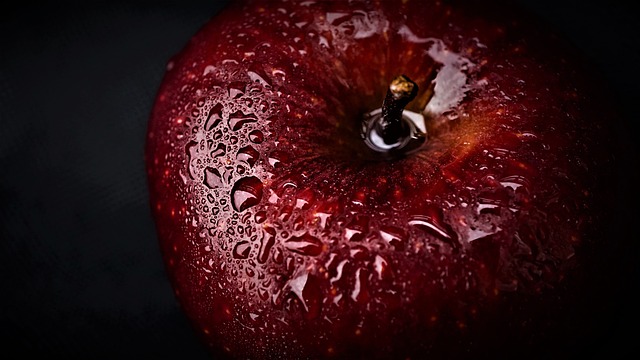Fermentation Nation: Harnessing the Ancient Art of Probiotic Foods for Optimal Health
The world of nutrition is constantly evolving, with new trends and superfoods claiming to transform our health. In recent years, the importance of gut health and its impact on overall well-being has gained significant attention. One key aspect of maintaining a healthy gut is the consumption of probiotic foods, which have been utilized for centuries due to their numerous health benefits.
What are Probiotics?
Probiotics are beneficial live microorganisms that, when consumed in adequate amounts, offer numerous health benefits. These microorganisms, such as bacteria and yeasts, are naturally present in our bodies, especially in the digestive system. However, certain factors like an unhealthy diet, stress, or antibiotic use can disturb the balance of these microorganisms.
Probiotics work by maintaining or restoring this natural balance of microorganisms, promoting better digestion and overall health. They can be found in fermented foods, supplements, and certain dairy products like yogurt.
The Ancient Art of Fermentation
The production of probiotic-rich foods is closely tied to the ancient art of fermentation. Fermentation is a process that involves the breakdown of carbohydrates by microorganisms under anaerobic conditions. This process not only preserves the food but also enhances its flavor, texture, and nutritional content.
Throughout history, fermentation has been used as a means of food preservation. People in different cultures developed various fermentation techniques, resulting in a wide range of traditional fermented foods. Examples include sauerkraut, kimchi, kefir, miso, tempeh, and kombucha.
The Health Benefits of Probiotic Foods
Probiotic foods offer a multitude of health benefits, primarily because they promote a healthy balance of gut microbiota. A few of the advantages of consuming probiotic-rich foods include:
- Improved digestion: Probiotics aid in the digestion and absorption of nutrients, reducing the risk of digestive disorders like diarrhea, constipation, and irritable bowel syndrome (IBS).
- Enhanced immune function: Approximately 70% of our immune system is located in the gut. By promoting a healthy gut microbiota, probiotics help strengthen our immune system, making us more resilient to infections.
- Reduced inflammation: Probiotics have been found to have anti-inflammatory properties, which can help alleviate symptoms of inflammatory bowel diseases like Crohn’s disease and ulcerative colitis.
- Mood improvement: The gut-brain connection is a fascinating area of research, and probiotics have shown potential in improving mental health. Some studies suggest that consuming probiotic foods may help reduce symptoms of anxiety and depression.
- Healthy weight management: Emerging research suggests that probiotics may play a role in weight management by affecting appetite regulation and reducing inflammation that may contribute to obesity.
Incorporating Probiotic Foods into Your Diet
Adding probiotic foods to your regular diet can be a delicious and healthy way to improve your gut health. Here are some tips on incorporating them:
- Start with yogurt: Yogurt is one of the most popular sources of probiotics. Choose a variety that contains live active cultures and little to no added sugars. Incorporate it into your breakfast, use it in smoothies, or enjoy it as a snack.
- Explore fermented vegetables: Sauerkraut, kimchi, and other fermented vegetables are rich in probiotics and packed with flavor. Add them as a side dish, topping, or ingredient in your meals.
- Try kefir: Kefir is a probiotic-rich beverage with a tangy taste similar to yogurt. It can be enjoyed as a drink, used in smoothies, or even poured over cereal.
- Experiment with miso and tempeh: Miso, a fermented soybean paste, and tempeh, a fermented soybean product, are popular in Asian cuisine. Incorporate them into soups, stews, or stir-fries for a probiotic boost.
- Sip on kombucha: Kombucha is a fizzy fermented tea that comes in various flavors. It can be a refreshing alternative to sugary sodas or alcoholic beverages.
Conclusion
Probiotic foods, rooted in the ancient art of fermentation, offer numerous health benefits. From improving digestion to enhancing the immune system and reducing inflammation, these foods play a vital role in maintaining optimal gut health. By







